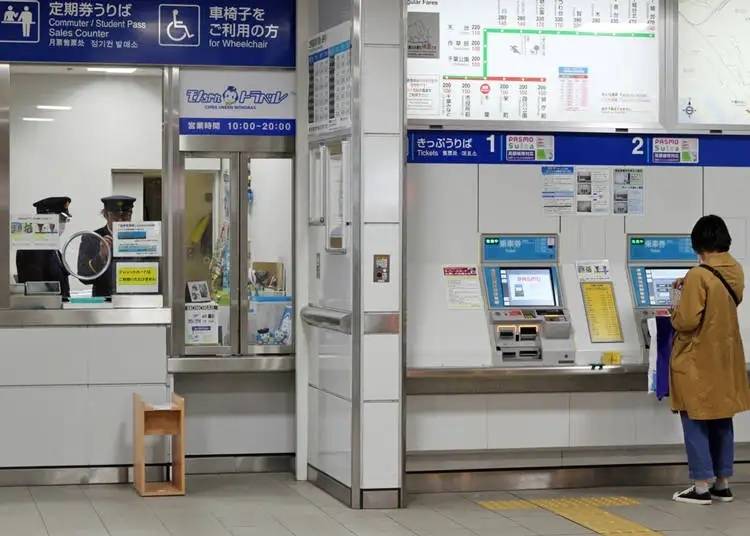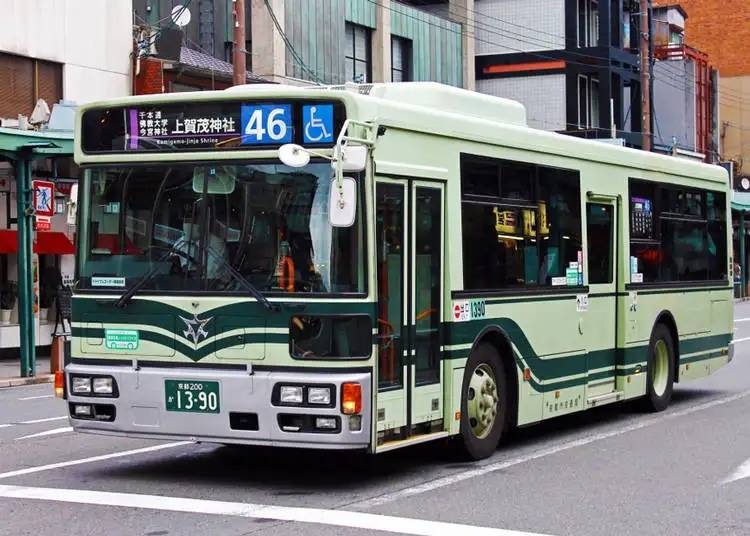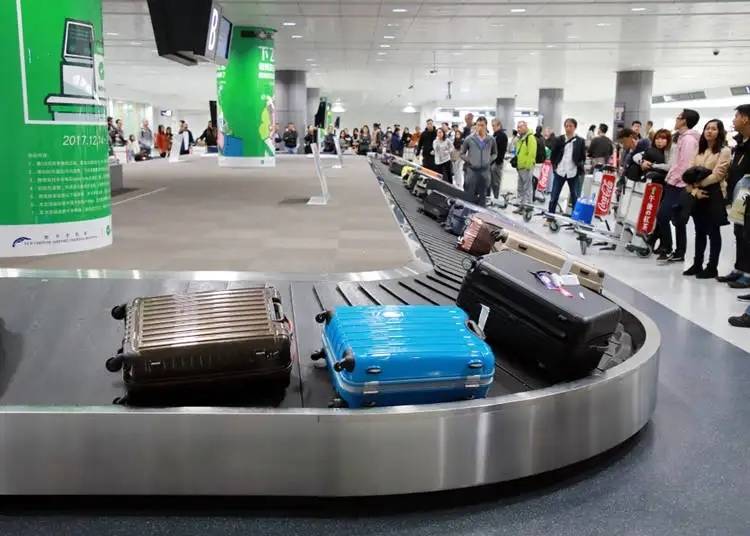Date published: 23 May 2023
For Japanese people, certain things may seem ordinary, but once they take a step outside their country and explore abroad, they realize that those things are not necessarily commonplace elsewhere. The same goes for foreigners who visit Japan. They may exclaim, “Wow, Japan is so different from my country!” or, on the contrary, they might admire and say, “Ah, that’s totally different!”
This time, we will introduce you to some surprising and unique rules in Japan, as shared by an Italian woman who visited Japan. Through the “WOW!” moments of foreign tourists, we might discover unexpected rules that we Japanese people have never noticed before. (Please note that the following opinions are personal views expressed by the interviewee.)
Japanese People Take Train Rides Seriously

“In Italy, it’s somewhat acceptable to make phone calls on trains and buses, although people tend to be considerate of others. However, in Japan, there are posters everywhere inside the trains explicitly prohibiting the use of mobile phones, which made me realize how strict the rules are here. But it’s impressive how everyone follows and respects them, which is very characteristic of the Japanese.
Another thing that stood out to me is how people line up neatly to let others off the train when boarding and alighting. Italians also prioritize those getting off, but we don’t line up as neatly as they do here.” (Italian woman)
Among public transportation options, trains, which Japanese people use daily for commuting, going to school, or leisure activities, are particularly sensitive to the behavior of others. Etiquette regarding “phone usage” and “cutting in line” often becomes a topic of discussion. Thanks to the meticulous and serious nature of the Japanese people, they diligently adhere to these rules, which impresses foreigners.
Station Staff Are Incredibly Helpful

Ned Snowman / Shutterstock.com
Furthermore, in Japan, where the train transportation network is well-developed, it’s not uncommon to find foreign tourists traveling between multiple cities by train. During such times, there are things they find convenient and appreciate.
“Usually, there are station staff near the ticket gates at almost every station, so if you have any questions before boarding, you can ask them, and they are very helpful. I think it’s a great help for travelers.” (Italian woman)
On the other hand, operating ticket vending machines can be challenging at times. It’s a common sight to see foreign tourists struggling with ticket vending machines at large stations like Shinjuku or Tokyo, where multiple train lines converge. While station staff can provide assistance in such cases, it’s also important for us to show kindness by guiding and assisting foreign tourists to the station staff.
Buses Are Not Unlimited Rides!

Mick2770 / Shutterstock.com
“In Italy, when you board a bus, you can enjoy unlimited rides within 75 minutes by simply tapping your card. Despite the time restriction, it’s convenient because you can transfer between buses and reach various places within that time. On the other hand, in Japan, bus fares vary depending on the region and type of bus, so you have to check the fare for each journey, which can be a bit inconvenient.” (Italian woman)
Compared to trains and airplanes, getting on and off buses can be more challenging. This inconvenience is not only felt by domestic travelers but also by Japanese people visiting other countries. While foreign language announcements and clearer fare and destination information have become more common inside buses nowadays, it can still be tricky for foreign visitors to encounter cases where bus fares differ.
Specifically, within the 23 special wards of Tokyo or in Kyoto, there are flat fares (with some exceptions) for buses. However, in rural areas, the fare varies based on the distance. Furthermore, the boarding and payment methods for buses differ between Tokyo and rural areas, leading even Japanese travelers to make mistakes. For example, in buses within the 23 special wards of Tokyo, you pay the fare upfront when boarding. However, in the popular tourist destination of Kyoto, you board from the back and pay afterward.
Not only do bus fares differ, but the boarding and alighting procedures also vary across different locations. Without prior knowledge of these differences, foreign visitors who are visiting Japan for the first time might feel confused or even miss their bus. If you come across such individuals, it’s essential for us Japanese people to take the lead and provide support.
Strict Rules Regarding Carry-on Luggage on Airplanes

Chanawat Phadwichit / Shutterstock.com
“In Italy, it’s generally allowed to carry perishable items like fruits in your baggage (vegetables are a bit of a gray area). However, when flying from Japan, the rules regarding carry-on items are quite strict, which is disappointing because you can’t bring back souvenirs,” (Italian woman).
In Japanese airports, various items are subject to inspection for carry-on baggage, excluding those purchased from duty-free shops. These include miso paste, pickles, preserved seafood and fruits in jars, canned goods, yogurt, jelly, shampoo, and more. Drinking water, juice, and edible oils are also not permitted. However, storing these items in your checked baggage at the check-in counter is generally acceptable.
Foreign tourists should also be aware that bringing in animals, plants, seeds, soil, and food items can be prohibited at the destination airport. This is done to protect the country’s flora and fauna. Similar to the restrictions on carry-on items, these are unique rules implemented by each country for their own security and preservation purposes.
Do Japanese People Like Sharing Meals?

“Italians, in general, don’t share dishes. Even with pizza, each person eats what they ordered, so if we were to exchange with friends, we would do it before touching the food,” (Italian woman).
As Japanese people, we have always considered sharing meals to be very natural, but it seems that it’s not the same in other countries.
Additionally, she was surprised by the way the staff members treated her:
“In Japan, it seems like the staff members at restaurants are very talkative. Even when paying at the cash register, they would say things like ‘I will take 1000 yen from you’ or ‘Here’s your change of 100 yen’… It’s very polite, but it surprised me.”
Living in Japan, we may overlook the subtle differences that exist between our country and the rest of the world. These differences might shape the essence of Japan and what it means to be Japanese.
There are undoubtedly many foreign tourists who visit without fully understanding our customs and manners. Instead of scrutinizing them, we should embrace a mindset of gratitude, acknowledging their visit to this small island nation in the Far East. By approaching them with a sense of empathy and open-mindedness, we can truly provide genuine hospitality.
(This article was originally published in March 2020.)
Written by:

*This information is from the time of this article’s publication.
*Prices and options mentioned are subject to change.
*Unless stated otherwise, all prices include tax.





















Discussion about this post